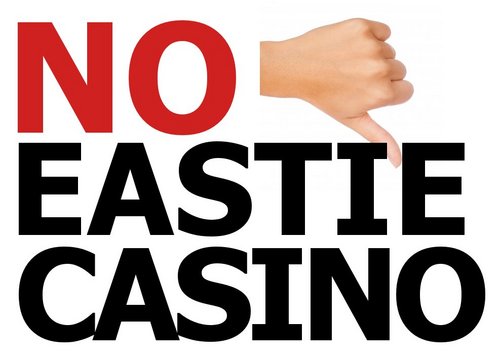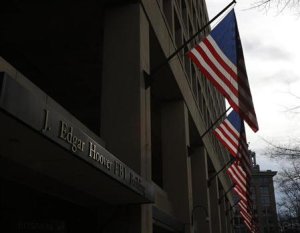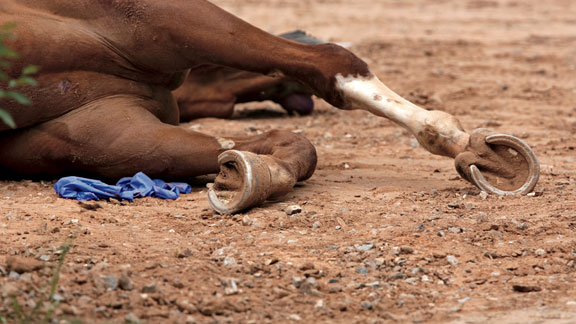Recent revelations seem to indicate that Plainridge cannot be trusted to abide by the laws and fails to keep even reasonable promises.
Since emails and mail seem to get mysteriously lost or deliberately intercepted by Plainville's Town Manager, Joe Fernandes who has determined his blind support supersedes the concerns of others, pronouncing himself king,
here are methods of contact you might consider:
Plainville Planning Board FAX: 508 695-1857
Plainville Planning Board [you might consider sending your comment 'Delivery Confirmation']
Plainville
Planning Board
142
South StreetPlainville, MA 02762
Home addresses:
Stanley Widak, Chairman
51 George St.
Plainville, MA 02762
James Throckmorton
6 Laurel Avenue
Plainville, MA 02762
John Mutascio
19 Horseshoe Drive
Plainville, MA 02762
Mailing addresses not yet available:
Robert Davis
Michael Czarnawski
Information here:
http://www.plainville.ma.us/Pages/PlainvilleMA_Planning/index
Below, is the letter of concern offered, both FAXed and Mailed. Please feel free to use any portion of the few issues included or question the information included:
It
would seem that in order to responsibly serve the future of
Plainville and its residents, critical consideration of all impacts
is crucial.
1. During the Educational Forum offered by the Massachusetts Gaming Commission on June 14, 2012, the experts were unanimous in their agreement that the sole Slot Barn license issued would EXPAND. [Plainville Town Manager Joe Fernandes attended the forum.]
Each expert agreed that once table games were introduced in Rhode Island, the ability of compete would compel Massachusetts to add table games as well. The explanation would be 'in order to compete.'
Such is the business model for the Gambling Industry: EXPANSION.
As you consider the 'change of use' for Plainridge, please bear in mind that without provisions in place to address the known future expansion, the Planning Board is the last protection abutters and the town possess.
It is my understanding that if a 'change of use' is approved without appropriate conditions, the town has surrendered any control, essentially writing a blank check for a future full-blown casino without considering additional impacts.
2. In addition, water and waste water are expensive services that seem mostly ignored in Plainville and will heavily impact the future costs and livability of the community.
How can a community that recently was told it would be forced to purchase water from Rhode Island suddenly have adequate water in the face of new projects that will impact usage? Many of those proposals are heavy water users, including Plainridge. How does it make sense not to earmark additional expenses to upgrade water lines and water sources necessitated by Plainridge? Future expansion will necessitate increased consumption of water, as well as increased waste water treatment.
Caution would be urged to protect the future of residential taxpayers/ratepayers.
3. Housing. As you know, the Spectrum Report [prepared for the Connecticut Department of Special Revenue] addressed the practice of 'hot bunking' or 'hot bedding' in communities surrounding both tribal casinos. [The report is available in its entirety on the 'United to Stop Slots in Massachusetts' web site, along with numerous additional reports.]
The practice is explained as one in which beds are shared in shifts by low wage workers, unable to afford local housing.
In Massachusetts, we have witnessed the consequences of substandard and illegal housing in several horrific and fatal fires, frequently caused by shoddy construction, faulty electrical wiring, illegal apartments.
Since property owners are frequently absent, properties become poorly maintained, neighborhoods become blighted, reducing property values, frequently creating a nuisance.
It is interesting to note that because both Connecticut casinos pay so poorly, they recruited non-English speaking workers, burdening the public schools with the additional cost of ESL teachers.
[As a footnote, the presence of increased numbers of foreign-speaking workers necessitated the availability of translators for public safety personnel, medical teams, court systems and much else. Both casinos have offered English-language proficiency courses to enable low wage workers to fulfill their job responsibilities.]
4.
FREE ALCOHOL: With the best intentions, each community that has
become host to a gambling facility offering FREE ALCOHOL has
experienced an increase in DUIs, making innocents traveling their
roads a target.
The increased DUIs was also addressed in the Spectrum Report.
At one time, both Tribes funded additional police patrols to reduce the incidents, but the funding is no longer available because of declining revenue. The Drunks are still on the roads, but no longer stopped.
This issue increases public safety costs, police, fire and ambulance, as well as insurance premiums based on accident experience.
5. TRAFFIC. Because Route 1 is heavily trafficked during certain periods [i.e. Stadium Games, Christmas, and so on], vehicles seek alternative 'back roads.'
With
the advent of GPS, those back roads are more easily located.
An
increase of Route 1 traffic will force travelers onto the back roads
in increasing numbers.
Most
of those roads are currently sub-standard, unable to tolerate any
increased traffic safely.
The
additional traffic alone will increase accident rates, as well as
public safety costs. Forcing increased traffic onto sub-standard
'back roads' increases those risks.
Can
you imagine not being fully sober, unfamiliar with Mirimachi Street
and attempting to navigate?
With
the known future expansion of the Plainridge proposal, shouldn't that
also be taken into consideration?
Will the 'rear entrance' to Plainridge [Harness Path] become an access road?
6.
PROPERTY VALUES. Should Plainridge be awarded the Slot Barn license,
it will become a 24/7/365 operation.
What
measures will the Planning Board put in place to protect property
owners from additional noise, pollution, light? Since Plainridge
failed to erect a berm in the past, how will this be enforced in the
future?
Abutters currently endure nighttime illumination of their homes which Plainridge has refused to address/correct. Having a parking garage against your property line will only increase the horn-honking, vehicle lights, exhaust fumes and nighttime noise. [Nighttime illumination has far-reaching consequences. Studies have linked an elevated rate of breast cancer. Sleep disturbances reduce student learning, create a multitude of physical issues. The additional exhaust pollution so close to homes will increase childhood asthma rates. Those issues are easily discerned with a simple internet search.]
Home buyers don't purchase homes next to facilities that are noisy, polluting, operate around the clock or are gambling facilities. Since those property values will decline, are there measures in place to protect Plainville from the reduction in tax base? Some of the homes may become unmarketable. Will Plainridge purchase any of those homes?
While the decline in home values might seem a limited issue, effecting mostly abutters, it will reduce Plainville's tax base.
7.
BLASTING. How much additional blasting will be required? What
provisions are in place to assure adequate notice and protection for
residential property owners? It seemed from past experience that
homeowners had little recourse from the noise, vibration and debris.
8.
LOCAL PATRONS. Considering the example of Parx in Pennsyvania [the
current partner in Raynham] and highly successful operator of a Slot
Barn that caters to local patrons [low rollers] in Pennsylvania, what
protections are in place for local businesses that will be harmed by
discretionary income no longer being spent at local restaurants?
Posted
in 'The McDonald's of Gambling' :
Parx president Dave Jonas says his revenue comes almost exclusively from local low rollers.
"We underestimated significantly how many trips our customers were going to make," Jonas said at last month's Pennsylvania Gaming Congress in Valley Forge.
"When I was in Atlantic City, to have 12 to 15 trips out of customers, they were VIPs," Jonas said. At Parx, "it's not uncommon for us to have 150 to 200 trips."
Moderator Michael Pollock, a well-regarded casino analyst, paused to digest the statistic.
"You said 150 to 200 times a year," he repeated. "That's three to four times a week, essentially."
"Yes," Jonas confirmed, most of his players fit that profile. In fact, because Parx players tend to live within 20 miles of Street Road, many go even more frequently.
"We have customers," Jonas boasted, "who give us $25, $30 five times a week."
As you know, the Gambling Industry destroyed most local businesses and restaurants in Atlantic City, invited crime, created slums.
Should Plainridge obtain the sole Slot Barn license in Massachusetts, knowing that patrons will come from ~ 20 miles, what provisions can the Planning Board implement to maintain that local tax base and employment?
9. CANNIBALIZATION. The Spectrum report determined that the majority of the 'new' jobs created by the Connecticut Tribal Casinos represented jobs that had existed in the local sector, but were replaced by the casinos.
10. The Flight. Property owners in Connecticut who could afford to flee, did so, diminishing the diversity of the surrounding communities, driving down local wages [a phenomena reported elsewhere].
Ball State University prepared a study that confirmed the impact of low wage racino jobs driving down wages in West Virginia.
Should you have any questions or require documentation, please don't hesitate to contact me.
























